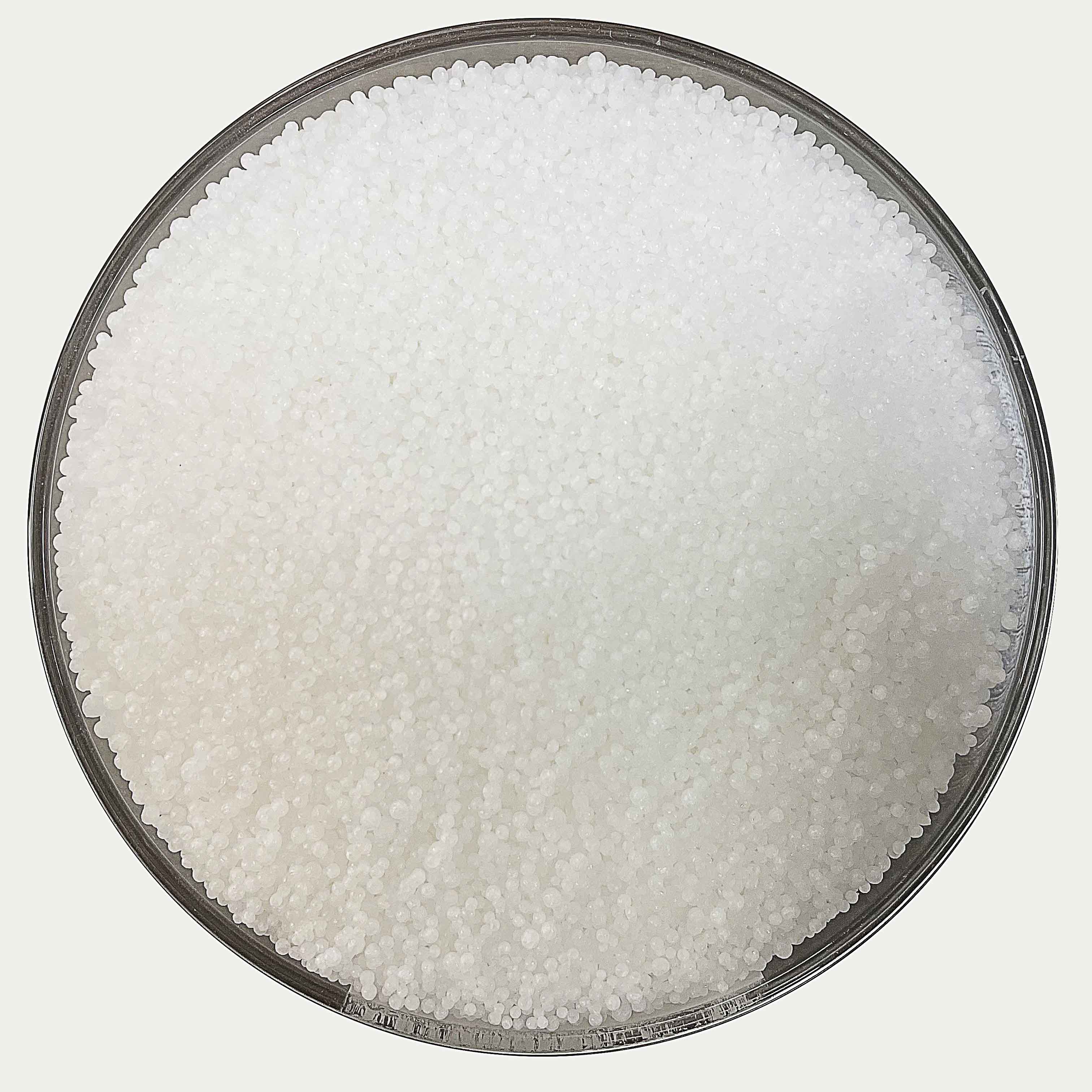
Dic . 04, 2024 13:52 Back to list
Organic Fertilizer with Humic Acid Powder for Enhanced Soil Health and Plant Growth
The Role of Humic Acid Powder in Organic Fertilizers
In recent years, there has been an increasing awareness of the importance of sustainable agriculture and the reduction of chemical inputs into farming practices. One of the most notable developments in this field is the utilization of organic fertilizers, particularly those enriched with humic acid powder. Humic acid, a key component of humic substances derived from decomposing organic matter, has gained attention for its potential to improve soil health and enhance plant growth. This article delves into the benefits of humic acid powder as an organic fertilizer and its applications in modern agriculture.
What is Humic Acid?
Humic acid is a complex organic molecule that is formed through the decomposition of plant and animal matter. It is primarily found in soil, sediment, and natural bodies of water. This substance is a significant part of organic matter and plays a crucial role in the ecology of soil. Humic acid is characterized by its dark color and the ability to retain moisture and nutrients, making it an essential component in promoting soil fertility.
Benefits of Humic Acid Powder
1. Improves Soil Structure One of the most significant advantages of incorporating humic acid powder into soil is its ability to improve soil structure. It helps bind soil particles together, enhancing aeration and water retention. This leads to better root development and resilience against environmental stressors such as drought.
2. Enhances Nutrient Availability Humic acid acts as a natural chelator, which means it can bind to essential nutrients and minerals in the soil, making them more accessible to plants. By improving the availability of nutrients like nitrogen, phosphorus, and potassium, humic acid increases the overall efficiency of fertilizer applications.
3. Stimulates Biological Activity The introduction of humic acid powder into the soil fosters a healthy microbial environment. Beneficial microorganisms thrive in soil enriched with humic substances, which enhances soil fertility and promotes plant growth. This biological activity is vital for nutrient cycling, breaking down organic matter, and suppressing soil-borne diseases.
humic acid powderorganic fertilizer

4. Increases Water Retention Humic acid has the ability to absorb and retain water, thus enabling the soil to maintain moisture levels. This is particularly important in arid and semi-arid regions where water scarcity is a major concern. By improving water retention, plants can better withstand periods of drought, leading to improved crop yields.
5. Mitigates Environmental Stress Plants treated with humic acid powder exhibit increased resilience to various environmental stresses, including salinity, heavy metals, and extreme temperatures. Humic acid enhances plant metabolism, which helps mitigate stress effects and improves overall plant health.
6. Encourages Sustainable Practices Utilizing humic acid powder in organic fertilizers aligns with the principles of sustainable agriculture. Its application reduces dependence on synthetic fertilizers, minimizes environmental pollution, and supports organic farming practices. This makes it an excellent choice for farmers looking to adopt eco-friendly practices.
Application in Agriculture
Humic acid powder can be applied in various ways, including soil amendment, seed treatment, and foliar application. When used as a soil amendment, it can be mixed with compost or other organic matter to enhance soil quality before planting. Seed treatment with humic acid powder improves germination rates and early seedling vigor. Foliar application allows for direct nutrient uptake by plants, providing early nutritional support.
Farmers can choose from various formulations of humic acid, including granular, powdered, and liquid forms, depending on their specific agricultural needs and the crops being cultivated. Regular application of humic acid can lead to sustained improvements in soil health and crop productivity over time.
Conclusion
Humic acid powder is a powerful addition to organic fertilizers, offering numerous benefits that improve soil health and plant performance. By enhancing nutrient availability, stimulating biological activity, and increasing water retention, it serves as a vital tool for farmers striving for sustainability. As the agricultural community continues to prioritize eco-friendly practices, humic acid powder is likely to play an increasingly important role in organic farming systems, benefiting both the environment and food production alike.
-
10-10-10 Organic Fertilizer - Balanced NPK Formula
NewsAug.02,2025
-
Premium Organic Manure Compost for Eco Gardens
NewsAug.01,2025
-
Organic 10-10-10 Fertilizer | Balanced Plant Nutrients
NewsJul.31,2025
-
Premium Amino Acid Fertilizer | Rapid Plant Growth Booster
NewsJul.31,2025
-
10 10 10 Fertilizer Organic—Balanced NPK for All Plants
NewsJul.30,2025
-
Premium 10 10 10 Fertilizer Organic for Balanced Plant Growth
NewsJul.29,2025
